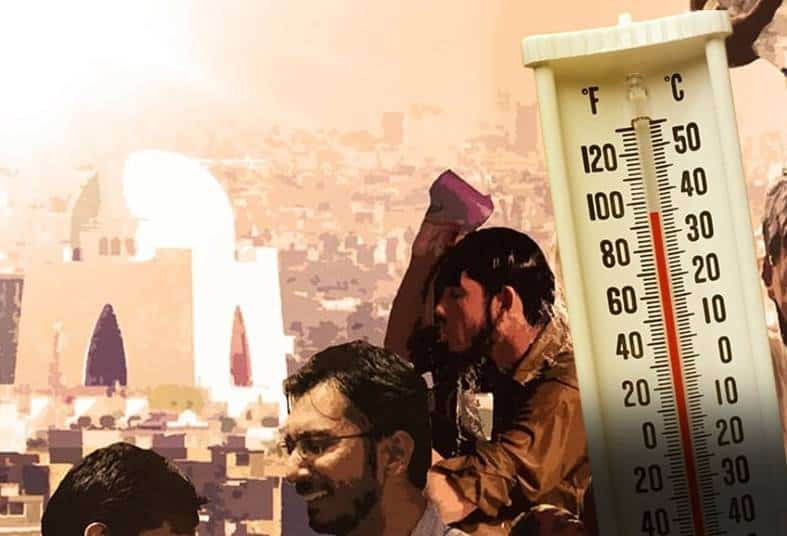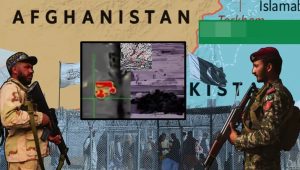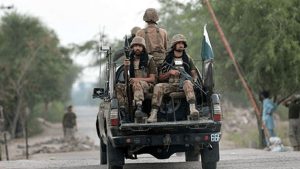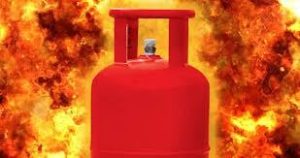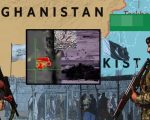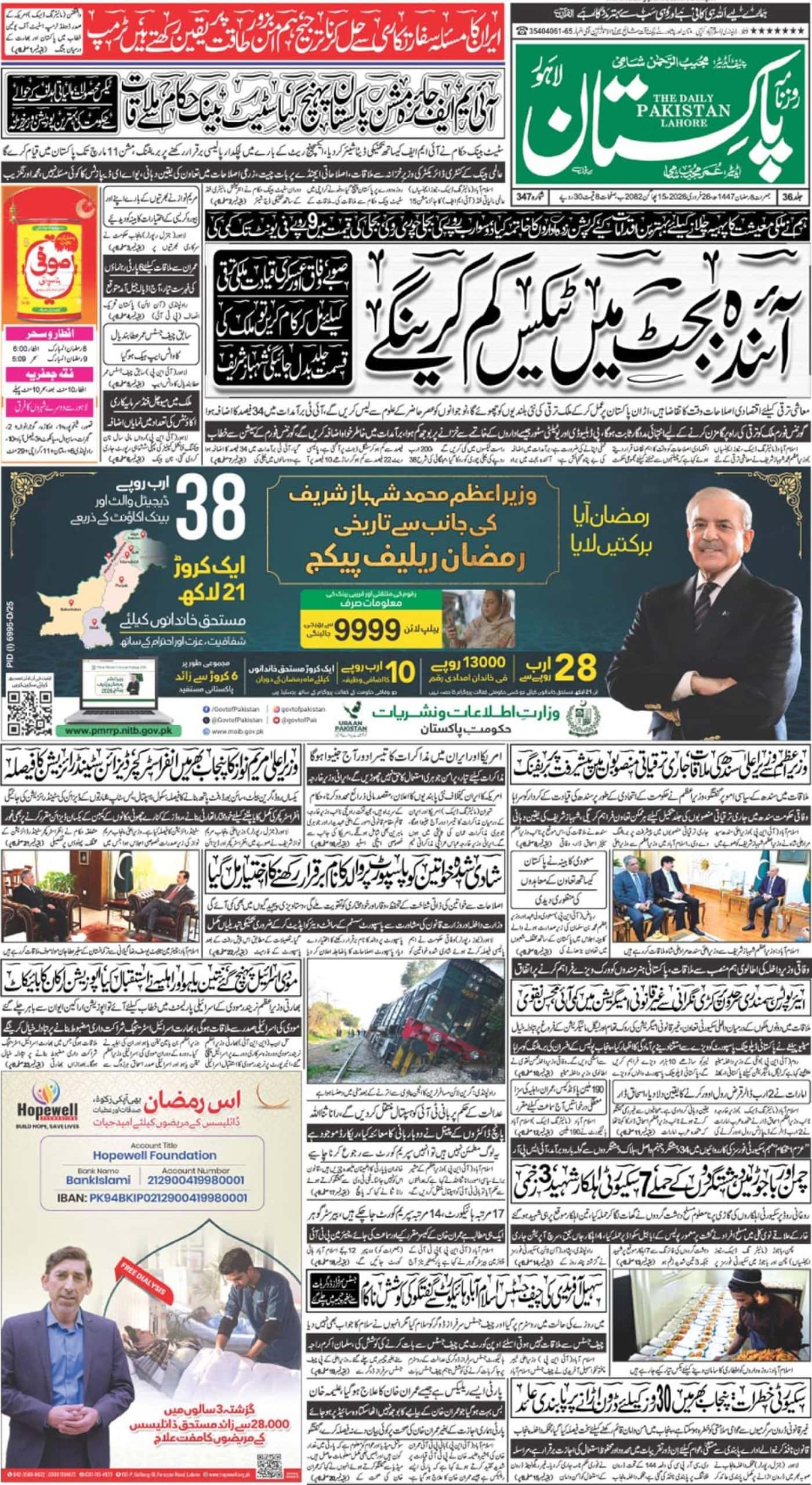The Pakistan Meteorological Department has issued a heatwave warning for Sindh and various regions of the country, effective from May 21 to May 27. In response, the Provincial Disaster Management Authority has released comprehensive advisory guidelines aimed at mitigating the risks associated with the impending heatwave. Consequently, government hospitals throughout Karachi have initiated preparations by establishing dedicated heat stroke wards to address the potential challenges posed by rising temperatures.
As outlined in the advisory issued by the Provincial Disaster Management Authority, temperatures are expected to surge notably starting from May 21 until May 23, peaking at around 35 to 40 degrees Celsius during daytime hours. Subsequently, the intensity of the heatwave is projected to increase from May 23 to May 27, with temperatures forecast to exceed 45 degrees Celsius.
In anticipation of the looming heatwave, hospital administrations and medical personnel in Karachi have been instructed to maintain heightened vigilance. Specialized heat stroke wards have been inaugurated in several hospitals across the city. For instance, Jinnah Hospital has established a dedicated ward equipped with 20 beds, admitting an average of 8 to 10 heat-affected patients daily, among whom 4 to 5 are classified as critical cases. Additionally, 1 to 2 new patients are admitted each day.
At the Sindh Institute of Trauma and Orthopedics, a specialized ward comprising 8 beds has been designated for providing initial medical assistance to heatstroke patients. Furthermore, an additional ward comprising 10 beds has been arranged to cater to the intensive care needs of critically ill heatstroke patients.
Dr. Liaquat, the Medical Superintendent at the Sindh Institute of Trauma and Orthopedics, highlighted that the hospital is witnessing a daily influx of approximately 30 to 35 patients exhibiting symptoms such as fever, palpitations, and dizziness attributed to the prevailing heat.
Medical experts have advised people to prioritize hydration, refrain from unnecessary outdoor activities, and promptly seek medical assistance upon experiencing symptoms such as palpitations, fever, dizziness, or nausea.

